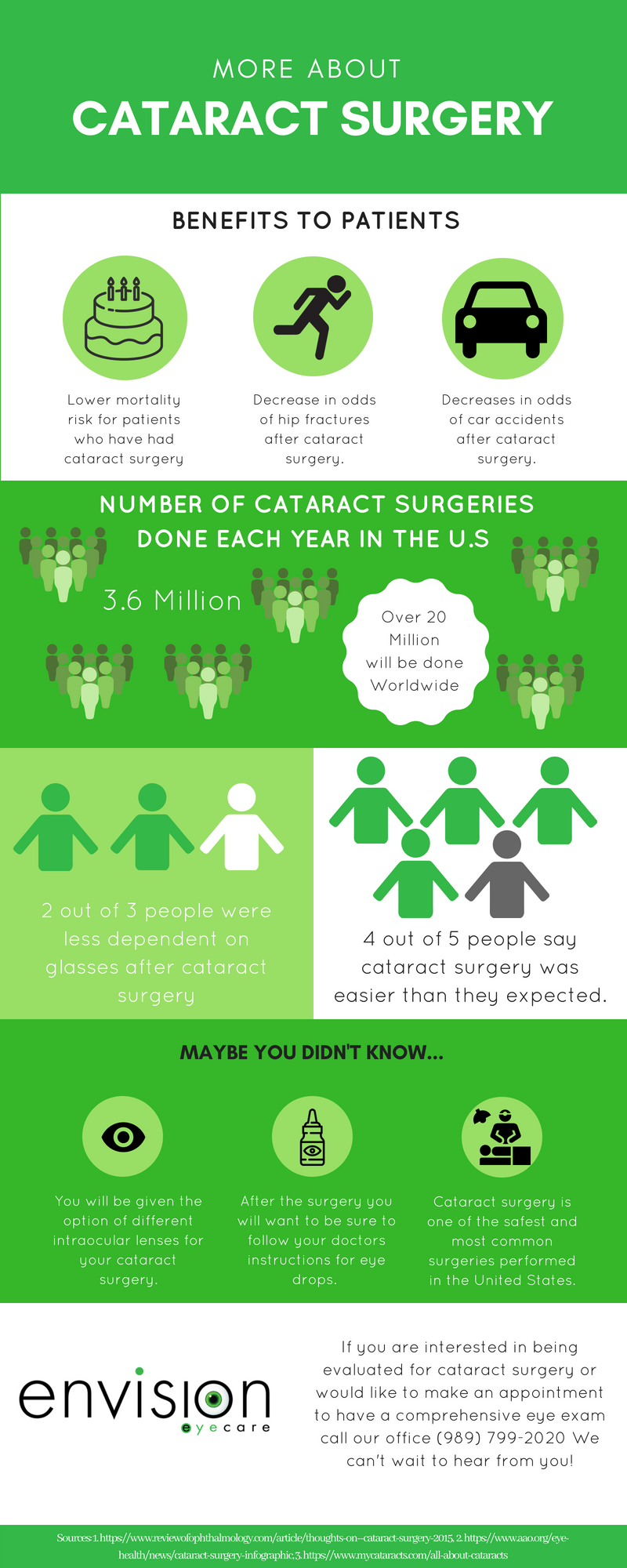The Complete Frequently Asked Question On Refractive Lens Exchange: Everything You Ought To Hear From Concerning
The Complete Frequently Asked Question On Refractive Lens Exchange: Everything You Ought To Hear From Concerning
Blog Article
Content Created By-Hunter Rodgers
If you're thinking about refractive lens exchange, you possibly have a lot of concerns. This procedure might transform just how you see the globe, offering advantages like lowered reliance on glasses. However, find out here to understand the process, dangers, and who qualifies as a good prospect. Let's explore these essential aspects so you can make an informed choice concerning whether RLE is right for you.
What Is Refractive Lens Exchange and Exactly How Does It Work?
Refractive lens exchange (RLE) is a surgery developed to replace your eye's natural lens with a fabricated one, remedying vision problems like nearsightedness, farsightedness, or presbyopia.
Throughout the treatment, your surgeon makes a tiny incision in the eye, eliminates your natural lens, and inserts an intraocular lens (IOL) customized to your vision requires. This outpatient surgical procedure usually takes about 15 to 30 minutes per eye and is executed under regional anesthesia.
You'll likely observe renovations in your vision nearly quickly, though full recovery might take a couple of weeks. RLE is specifically beneficial for those over 40 or with high prescriptions, offering a lasting option contrasted to glasses or contact lenses.
Your eye care professional can aid determine if RLE is right for you.
What Are the Advantages and Dangers of Refractive Lens Exchange?
Picking refractive lens exchange can lead to significant renovations in your vision, however it's important to consider both the benefits and dangers before making a decision.
On the bonus side, this treatment can improve your eyesight by fixing problems like presbyopia, myopia, and hyperopia. Numerous patients delight in decreased dependancy on glasses or get in touch with lenses, which can greatly boost their lifestyle.
Nonetheless, it's vital to take into consideration possible dangers. Problems can consist of infection, glow, or halos around lights.
There's likewise a chance of overcorrection or undercorrection, which might call for extra procedures.
Who Is an Ideal Candidate for Refractive Lens Exchange?
If you're considering refractive lens exchange, it is necessary to recognize whether you fit the account of an optimal candidate. Usually, you might be a great prospect if you more than 40, experience presbyopia, or have high levels of nearsightedness or farsightedness.
It's additionally essential that your vision is stable, indicating your prescription hasn't transformed substantially in the past year. If you have cataracts or other eye problems, you might take advantage of this treatment too.
However, specific factors, like unchecked diabetes or autoimmune illness, can invalidate you. To determine your candidateship, talk to an eye care expert who can review your details circumstance and suggest the best strategy customized to your needs.
Final thought
In conclusion, refractive lens exchange can be a transformative alternative for enhancing your vision, particularly if you're over 40 or have a high prescription. While Visit Webpage are considerable, it's important to consider the risks and consult with your eye treatment specialist to establish if you're a suitable prospect. With the ideal information and support, you can make an informed decision and perhaps delight in a life with minimized dependence on glasses.
